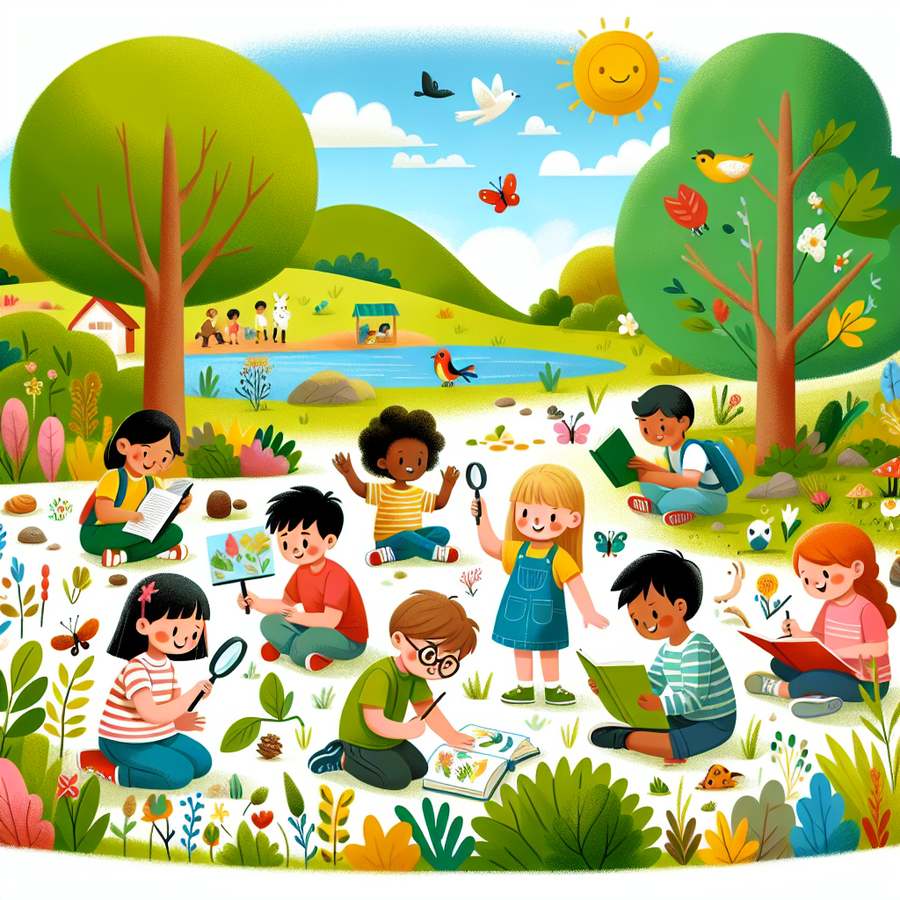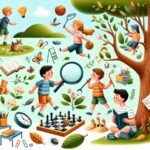Incorporating nature into your childs learning and development is not just a trend; it’s a powerful approach to enriching their educational journey. Nature provides an exceptional classroom that encourages curiosity, creativity, and a sense of stewardship towards the environment.
The Benefits of Nature in Child Development
Exposure to nature from a young age fosters a range of developmental benefits. It enhances physical health through active play and exploration, supports emotional well-being by reducing stress, and stimulates cognitive growth by offering countless opportunities for discovery and problem-solving.
Beyond these immediate benefits, incorporating nature into your child’s learning and development lays the foundation for lifelong environmental awareness and appreciation. By experiencing the wonders of the natural world, children learn to value and protect it.
Incorporating Nature into Your Childs Learning and Development
Integrating nature into your childs education doesn’t require moving to the countryside; even simple, mindful activities can make a significant difference. Start with regular visits to local parks or nature reserves, where children can explore and interact with the natural environment.
At home, gardening projects offer hands-on experiences with plant life cycles, while nature crafts and outdoor scavenger hunts spark creativity and observational skills. Additionally, outdoor play is essential for physical development and can significantly enhance a childs mood and attentiveness.
Practical Tips for Engaging Children with Nature
To effectively incorporate nature into your childs learning and development, start small and be consistent. Create a routine that includes time spent outdoors, regardless of the weather. Encourage your child to observe, ask questions, and collect natural items that interest them. This curiosity-driven approach supports physical and cognitive development.
Moreover, utilize resources like books, apps, and websites focused on nature education to complement outdoor experiences. These tools can offer new ideas for activities and help children learn more about the plants, animals, and ecosystems they encounter.
In conclusion, the role of nature in child development is multifaceted and profound. By actively incorporating natural elements into your child’s learning and development, you can foster a deep connection with the environment, enhance their overall well-being, and support a wide range of developmental milestones. Embrace nature’s classroom, and watch your child grow in ways you never imagined.
For more strategies and activities to support your child’s development, explore our comprehensive guide on incorporating nature into learning and development, and don’t miss out on other resources designed to nurture your child’s growth at BabyWhysAndHows.com.













